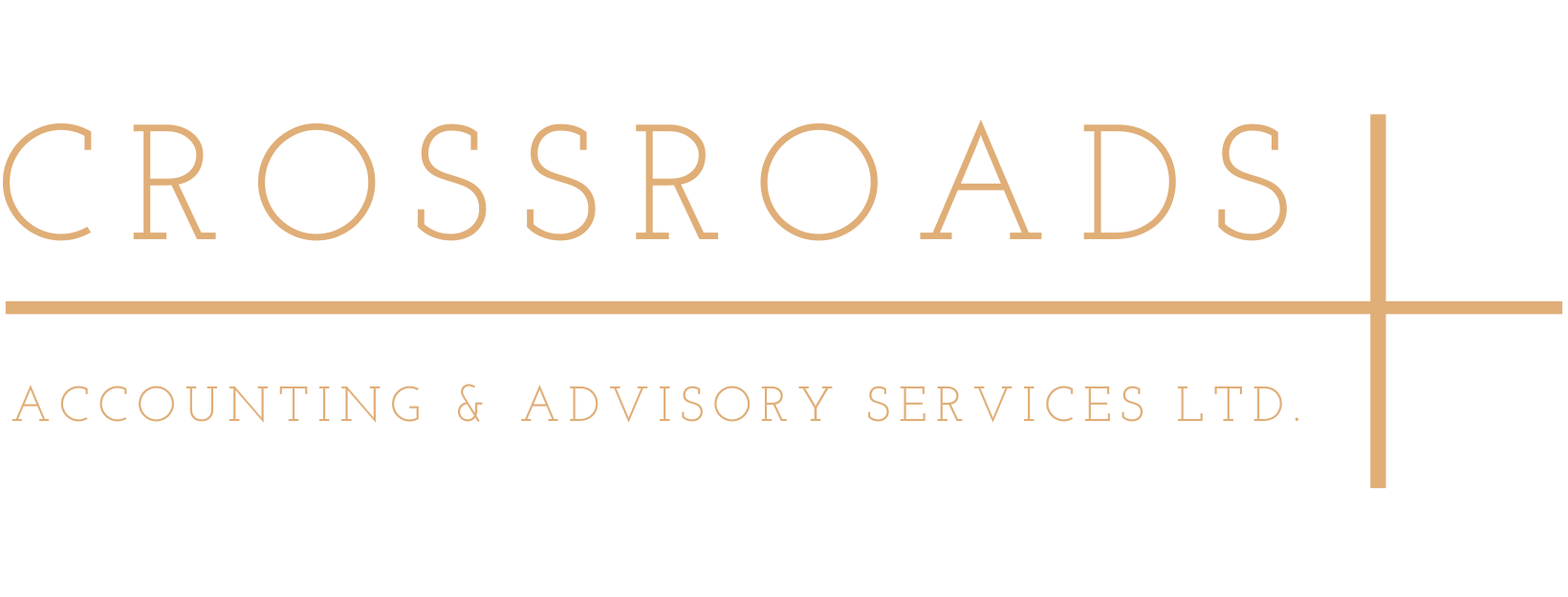6 Powerful Reasons Your Financial Reports Deserve Your Attention
Unlock the hidden insights in your financial reports to drive smarter decisions and fuel your business growth.

As a business owner, making time to review your financial reports each month is crucial. Not only does it help you stay informed about your company’s financial health, but it also equips you with the knowledge to make strategic decisions. Below, we highlight six powerful reasons why paying attention to your financial reports is essential for running a successful business.
What Financial Reports Should You Review?
Before diving into the reasons, let’s quickly touch on the core reports you should be checking, depending on your business’s complexity:
The Statement of Financial Performance (also referred to as the Profit and Loss report or Income Statement)
- Provides insight into how your business is doing over a specific time frame—such as a month or a financial year. It outlines the revenue generated and expenses incurred, ultimately showing your profitability.
The Statement of Financial Position (commonly known as the Balance Sheet)
- Details your business’s Assets, Liabilities, and Equity.
- Assets include things like cash, equipment, and receivables.
- Liabilities cover loans, credit card balances, and payables.
- Equity is the difference between your Assets and Liabilities, encompassing Retained Earnings and any Owner’s Capital.
Accounts Receivable Ageing Report
- This report shows how much is owed to your business as of a specific date, typically categorized by how overdue the payments are (e.g., Current, 30 days, 60 days).
Accounts Payable Ageing Report
-This report lists what your business owes to others, again segmented by how overdue the payments are.
So why should this be a priority?

1. Gain deeper insights into your business
By reviewing your Profit and Loss report monthly, you’ll gain a clearer picture of how your business performs over time. You can track trends, compare periods, and identify any unusual expenses or errors, making it easier to see what’s driving your profitability.
2. Provide accurate information for financing
When applying for a loan or overdraft, banks and financial institutions scrutinize both your Profit and Loss report and Balance Sheet. These reports give a complete snapshot of your financial health, so it’s crucial to understand what they show. We’re here to help clarify any questions you might have about your balances.
3. Speed up payments and reduce bad debts
Monitoring your Accounts Receivable Ageing Report helps you follow up on overdue payments promptly, increasing the likelihood of getting paid. Delaying follow-ups can increase the risk of bad debts, so staying on top of this is key to maintaining cash flow.
4. Build better relationships with suppliers
If you’re recording supplier invoices in your accounting software, your Accounts Payable report will highlight any overdue amounts. Paying your suppliers on time is crucial for maintaining strong relationships, and this report helps you stay on top of what’s owed.
5. Improve cashflow management
Having a clear understanding of your receivables and payables allows you to plan your cash flow more effectively. Knowing your financial position also helps you prepare for marketing or sales initiatives to ensure a steady stream of revenue.
6. Make informed business decisions
Your financial reports tell the story of your business. The better you understand what’s happening within the numbers, the better equipped you are to make decisions that will improve your business’s profitability and financial health.
If you're unsure about which reports are relevant for your business or want a better understanding of your financial situation, reach out to us. We’re here to walk you through every step.




